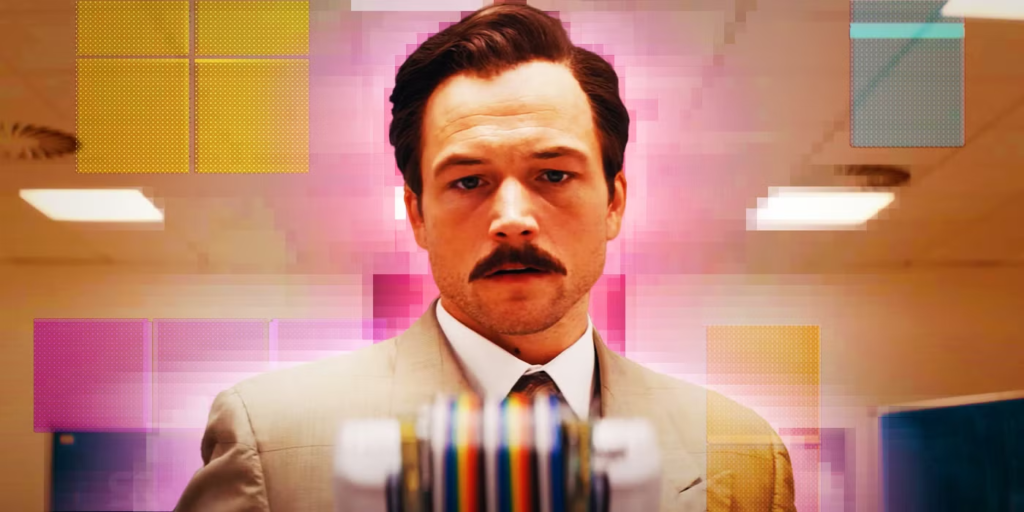Introduction
Few video games have as wild an origin story as Tetris. What began as a Soviet programmer’s puzzle turned into a global gaming phenomenon—and nearly a Cold War scandal. In a gripping interview and dramatized in the recent Apple TV+ movie, Tetris, entrepreneur Henk Rogers reveals the intense negotiations, covert risks, and clever tactics he used to wrest the game away from Soviet control—and right under the KGB’s nose.

1. The Game That Changed Everything
Rogers instantly knew Tetris was “the perfect game” the moment he played it. Its universal appeal and addictive simplicity sparked his mission to bring it to a global audience. But back in the 1980s, securing international rights was a legal and geopolitical maze.
2. Sneaking Into the Soviet Union
To acquire the rights, Rogers took a dangerous trip to Moscow with a visa intended for a trade show. His real goal? To negotiate directly with ELORG, the Soviet agency in charge of software exports. The KGB monitored all foreign business activity, making every step risky.
3. Outmaneuvering Major Players
Big companies like Atari and Mirrorsoft were also pursuing Tetris rights, but they were bogged down in bureaucracy and confusion. Rogers realized that no one had the handheld rights—a loophole he leveraged to bring Tetris to Nintendo’s Game Boy, sealing its legacy.
4. The KGB Was Watching
Rogers recalls being shadowed and questioned. The KGB was actively involved in monitoring negotiations. At one point, he feared for his life when brought in for unexpected meetings. Despite the pressure, Rogers remained calm and used transparency as his shield.
5. Winning Over Alexey Pajitnov
Tetris’s creator, Alexey Pajitnov, was a Soviet computer scientist with no control over his own invention. Rogers developed a genuine friendship with Pajitnov, which proved critical years later when they finally gained the full rights to Tetris together in the 1990s.
6. The Legal Chess Match
Rights to Tetris were a tangled mess, spread across territories and formats. Rogers meticulously untangled contracts and made bold moves—including confronting ELORG officials with contradictory documents other companies had signed. His straightforward approach earned trust where others faltered.
7. Tetris’s Global Domination
Securing the handheld rights for Game Boy was the masterstroke. The pairing of Game Boy and Tetris was a perfect match, helping the console ship over 35 million units. Tetris went on to become a global phenomenon, all thanks to Rogers’ daring Cold War gamble.
Conclusion
The story of how Henk Rogers helped free Tetris from the Soviet Union is a thrilling blend of business savvy, Cold War intrigue, and a love for gaming. As he put it, “It was just the perfect game”—and it found the perfect champion in Rogers. If you’re fascinated by gaming history and geopolitical drama, this tale is the ultimate power-up.
Want more Cold War gaming history? Check out our article on how gaming changed during the Cold War.
For more background, explore the Apple TV+ Tetris movie that dramatizes these high-stakes negotiations.